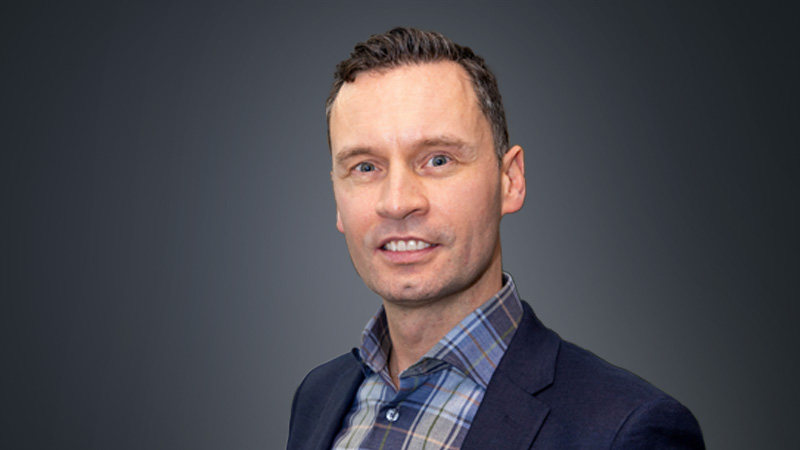Redefining perceptions of ageing

Why it Matters?
Identifying the lifestyle and behavioural factors that protect or harm the ageing brain is central to Alan's research.
Although there are characteristic ways in which our brain health develops and changes as we age, there is also variability among individuals. This has been brought to light by exploring modifiable factors that predict brain health, like activity engagement, physical activity, social connections, and occupational characteristics.
After identifying protective factors, the goal is to target these through interventions to promote brain health in older age. Alan's research is therefore driven by the desire to understand the determinants of cognitive resilience and to develop practical strategies to support healthy ageing. This is important as protecting our brain health supports our health, independence and quality of life.
Collaborate to Innovate
People's everyday lives and choices are unique and therefore gaining a consensus on what ages our brains and what doesn't is a real challenge. Solving this requires a unique approach that considers many different factors.
“This “many factors” approach has been considered through large-scale, longitudinal studies and by developing interventions in community-based settings, such as "A Tablet for Healthy Ageing," and “The Intervention Factory”, studies that asses the cognitive benefits of engaging in new activities ranging in their mental, physical and social demands.”
Professor Alan Gow
His research approach is continuously evolving, incorporating cutting-edge technologies and interdisciplinary approaches from across the social and behavioural sciences to the life and physical sciences.
Challenging Existing Perceptions
Alan's research has significantly contributed to understanding how lifestyle factors impact brain health, informing interventions aimed at mitigating cognitive decline. Notably, his collaborations with large-scale longitudinal studies including the Lothian Birth Cohorts in Edinburgh and the Glostrup 1914 Cohort in Copenhagen have provided valuable insights into brain health across the life course. These partnerships and others facilitate interdisciplinary research and enhance the academic community's collective efforts to address cognitive and brain ageing.
Real World Impact
Ensuring research has impact is a priority, Alan has contributed to SAPEA's “Transforming the Future of Ageing” report and the Global Council on Brain Health.
By translating research findings into practical advice, Alan contributes to public understanding and policy development related to brain health. Alongside, actively engaging with the wider community and leads various outreach activities, from workshops with older people's groups to public lectures and appearances at festivals. His research has garnered media attention, including features on BBC programmes and international outlets.
These outreach activities aim to raise awareness of the positive opportunities to promote brain health at all ages and stages of life, promoting evidence-based strategies for healthy ageing. His contributions have been recognised with national and international awards for engagement and impact for their practical implications in promoting health and wellbeing in an ageing population.
Alan envisions expanding his research to include diverse populations and exploring the effects of existing and emerging technologies on brain health. He is particularly excited about where we are in terms of promoting brain health: there is good evidence for many protective and risk factors; the priority is therefore to translate that knowledge into accessible and tailored programmes for people and communities, supported by behaviour change principles.
Current Role
As the academic lead for the Healthy Ageing theme within Heriot-Watt's Global Research Institute in Health and Care Technologies, Alan brings researchers from different specialisms and career stages together to explore opportunities that will enable everyone to age well.